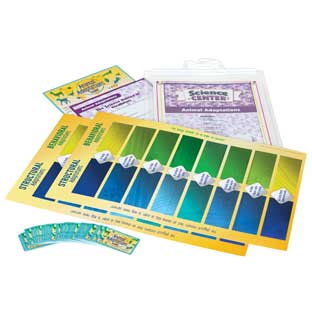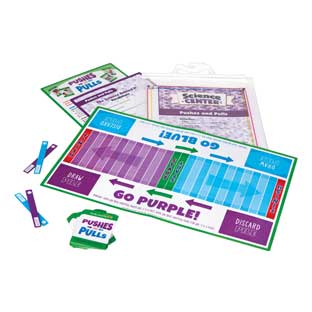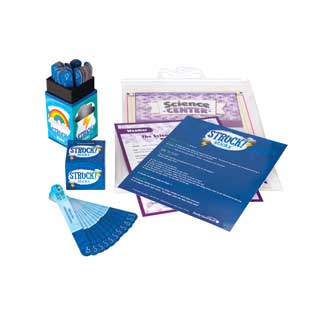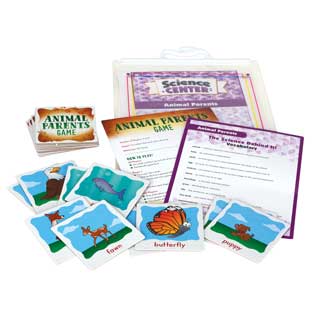STEM Activities – Really Good Stuff®
Popular Really Good Stuff® STEM Activities Materials
Inspire engagement with popular Really Good Stuff® STEM Activities Materials. Our most-purchased Really Good Stuff® STEM Activities Materials are versatile and appropriate in most school environments.
Really Good Stuff’s top Really Good Stuff® STEM Activities Materials enhance experiences for students as well as teachers. Shop our most popular STEM Activities Materials for educators.
Really Good Stuff® STEM Activities Products
Learn More About Really Good Stuff® STEM Activities Materials
Enhance the classroom with Really Good Stuff’s premium Really Good Stuff® STEM Activities for your school budget. Our catalog of 5 high-quality STEM Activities from Really Good Stuff® start at $19.99 and fit most Kindergarten, 1st, and 2nd grade classes.
Really Good Stuff’s STEM Activities from Really Good Stuff® are ideal for students aged 4 to 7 years, from Kindergarten to 2nd grade. Teachers can pair Really Good Stuff® STEM Activities with other STEM Activities Materials from the STEM category.
Make Really Good Stuff your top choice when shopping for Really Good Stuff® STEM Activities Materials.
As educators and parents increasingly emphasize the importance of STEM in developing critical thinking and problem-solving skills, Really Good Stuff® STEM Activities have emerged as a favorite among those dedicated to providing quality educational experiences. While browsing online reviews, many customers have praised the durability and thoughtfulness of Really Good Stuff®’s products. Educators particularly appreciate the hands-on, engaging nature of these activities, which keep students excited and curious about subjects like science, technology, engineering, and mathematics. Parents have similarly noted that these products enhance their child’s ability to understand complex concepts in an enjoyable and interactive way.
In the classroom, teachers find that Really Good Stuff® STEM Activities are incredibly versatile and effective at addressing different learning styles. These activities can be used in a variety of settings, whether it’s during a dedicated STEM lesson, as part of a collaborative group project, or for individual enrichment. For instance, educators often use engineering kits to teach principles of design and structure, encouraging students to brainstorm, build, and test their own creations. Science experiments can be integrated into the curriculum to illustrate scientific phenomena in a vivid, hands-on manner, making abstract concepts more tangible. The emphasis on active participation not only fosters a deeper understanding of the material but also promotes teamwork, communication, and creativity among students.
FAQs for Really Good Stuff® STEM Activities Materials
What Really Good Stuff® STEM Activities Materials do teachers use most?
- STEM-tivity Magnetic Building Set – $49.99
- Animal Adaptations Science Center – $24.99
- Really Good Stuff® Pushes and Pulls Science Center – $19.99
Can you recommend some budget-friendly Really Good Stuff® STEM Activities Materials?
- STEM-tivity Magnetic Building Set – $49.99
- Animal Adaptations Science Center – $24.99
- Weather Science Center – $24.99




